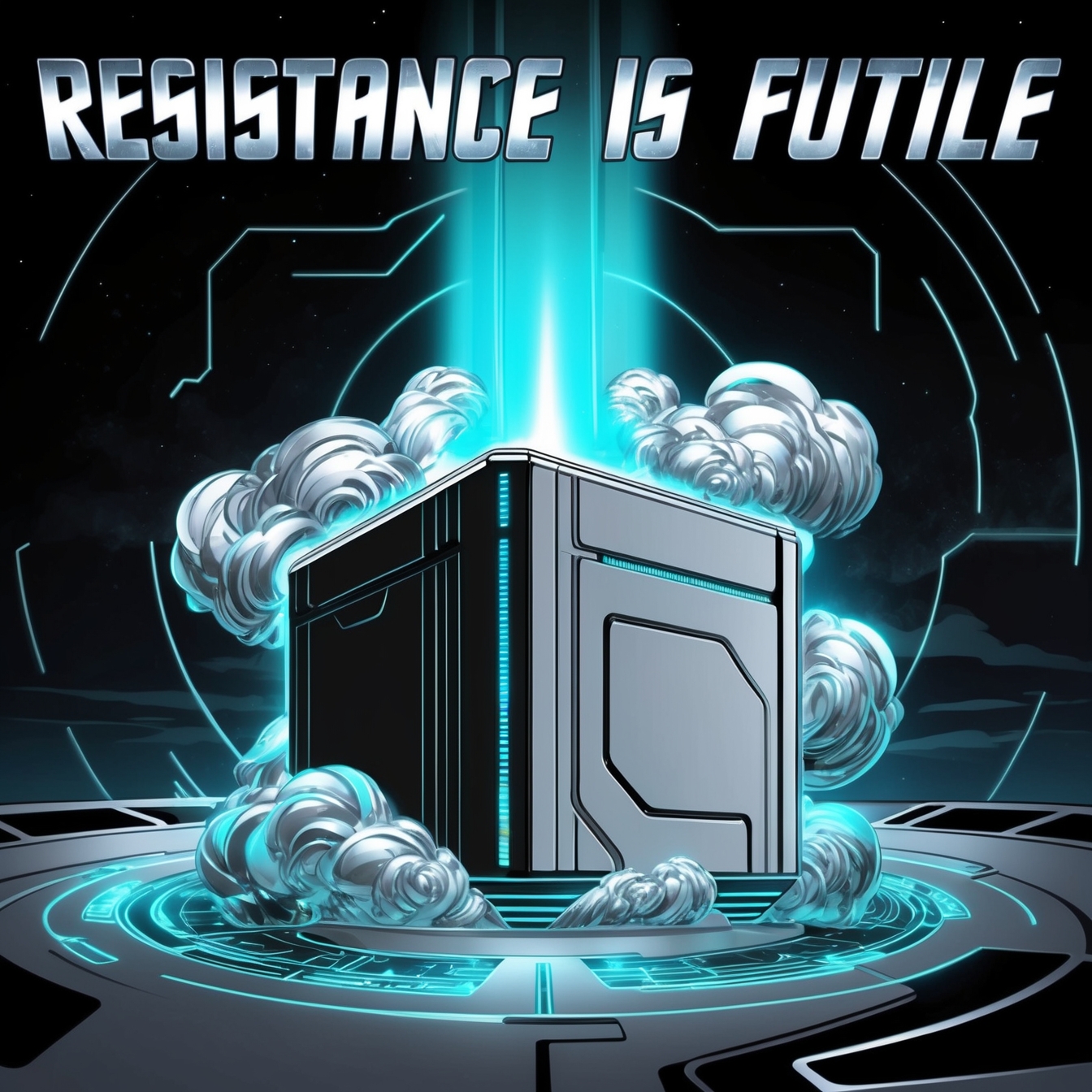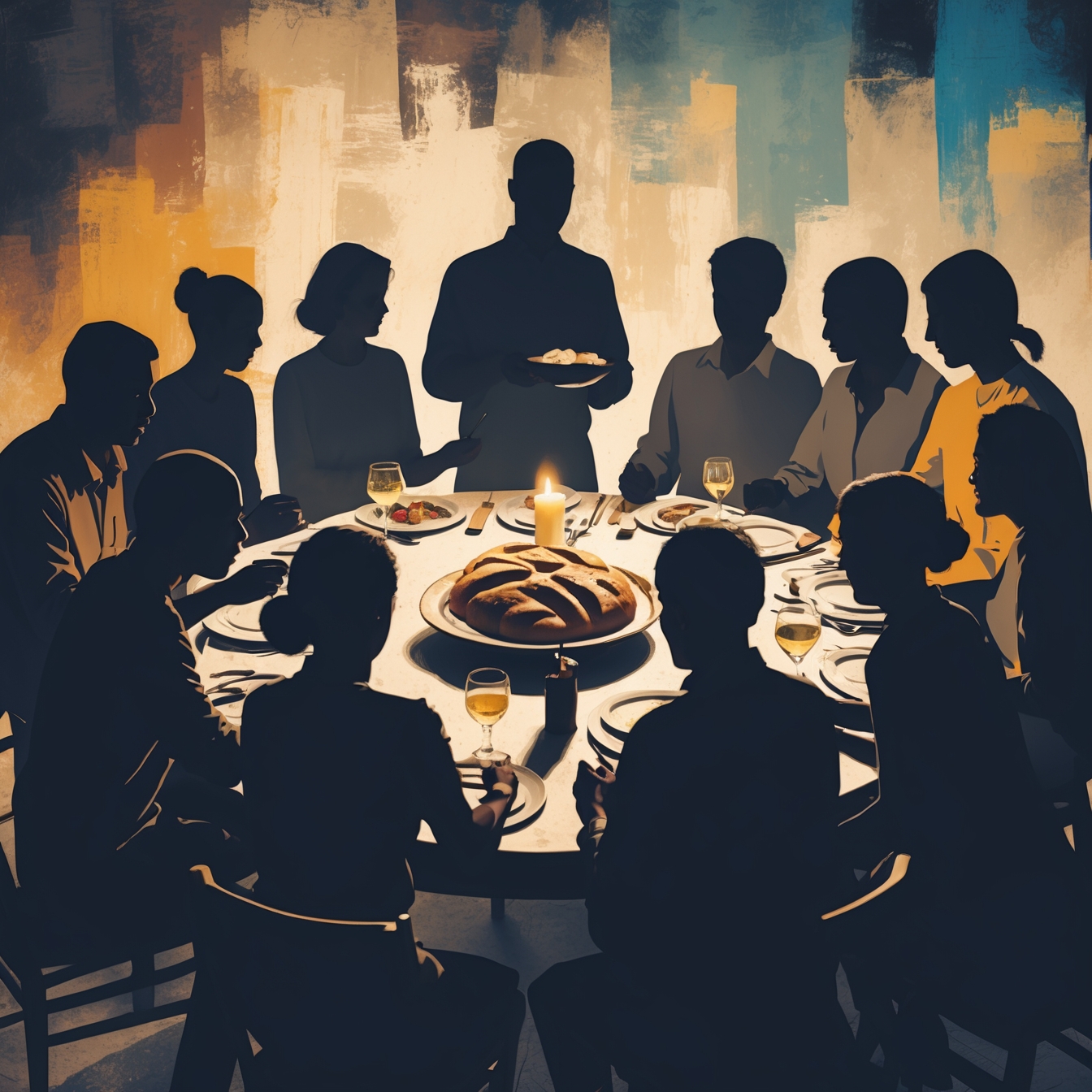By Shirley Rosemarie Evans
During the third year of King Jehoiakim’s reign in Judah, King Nebuchadnezzar of Babylon came to Jerusalem and besieged it. The Lord gave him victory over King Jehoiakim of Judah and permitted him to take some of the sacred objects from the Temple of God. So Nebuchadnezzar took them back to the land of Babylonia and placed them in the treasure-house of his god.
“Select only strong, healthy, and good-looking young men,” he said. “Make sure they are well versed in every branch of learning, are gifted with knowledge and good judgment, and are suited to serve in the royal palace. Train these young men in the language and literature of Babylon.” The king assigned them a daily ration of food and wine from his own kitchens. They were to be trained for three years, and then they would enter the royal service.
Daniel, Hananiah, Mishael, and Azariah were four of the young men chosen, all from the tribe of Judah. The chief of staff renamed them with these Babylonian names:
Daniel was called Belteshazzar.
Hananiah was called Shadrach.
Mishael was called Meshach.
Azariah was called Abednego.
Daniel 1;1,2, 4-7
Don’t copy the behaviour and customs of this world, but let God transform you into a new person by changing the way you think. Then you will learn to know God’s will for you, which is good and pleasing and perfect.
Romans 12:2
I was never a huge Star Trek fan, but I did enjoy watching the program back in the day. I recall that a recurring antagonist posing an ongoing threat to the Stark Trek crew (Captain Picard’s lot) was an alien race called the Borg. The Borg’s primary aim was to “assimilate” other life forms, forcibly transforming them into drones. Their often-repeated phrase was “Resistance is futile.” They would assimilate their victims acquiring their knowledge and expertise whilst eradicating all their former identities and independent thought with a view to achieving perfection.
In the story of the Hebrew boys in the Book of Daniel, we see assimilation at work. The tactic of the Babylonian Empire was to immerse the conquered nations into their culture and erase their identity. The King wanted the most handsome, intelligent, strongest young men to serve in the Palace. This was a potential dilemma; here they were, children of Israel, God’s chosen people, defeated and carried away into a foreign nation that God had specifically called them to be separate from. The young men could have weighed the situation and decided that to be selected for learning and training in the palace was a relatively cushy number, and after all, if you can’t beat them, join them. But Daniel and his friends did not take the path of least resistance; they boldly refused to assimilate, instead staying true to their culture and roots and the hope it embodied that there would one day be an Israel to return to.
In today’s culture, the pull and sway of assimilation is a real and present danger for the people of God. In a world where to stand outside of culture is to be classed as ‘weird,’ ‘bigots’, or ‘hater,’ we, too, like Daniel, have to choose not to fit in or go with the flow resisting the pressure to be conformed to this world rather we are daily being transformed by the renewing of our mind ensuring that the real kingdom of Christ is an ever-present reality in a world where the dominant force is anti-Christ but by His grace may we do all to stand.
Ask: Why didn’t Daniel and his friends follow the path of least resistance?
Seek: In what ways is the culture around you drawing you to assimilate to its ways at the cost of faithfulness to God?
Knock: Help us, Father, to be mindful of how the world systems want to assimilate us into their system. Help us to know again what it means to be in the world but not of the world. Give us the wisdom and boldness you gave Daniel and his friends to ensure the world does not corrupt us.





